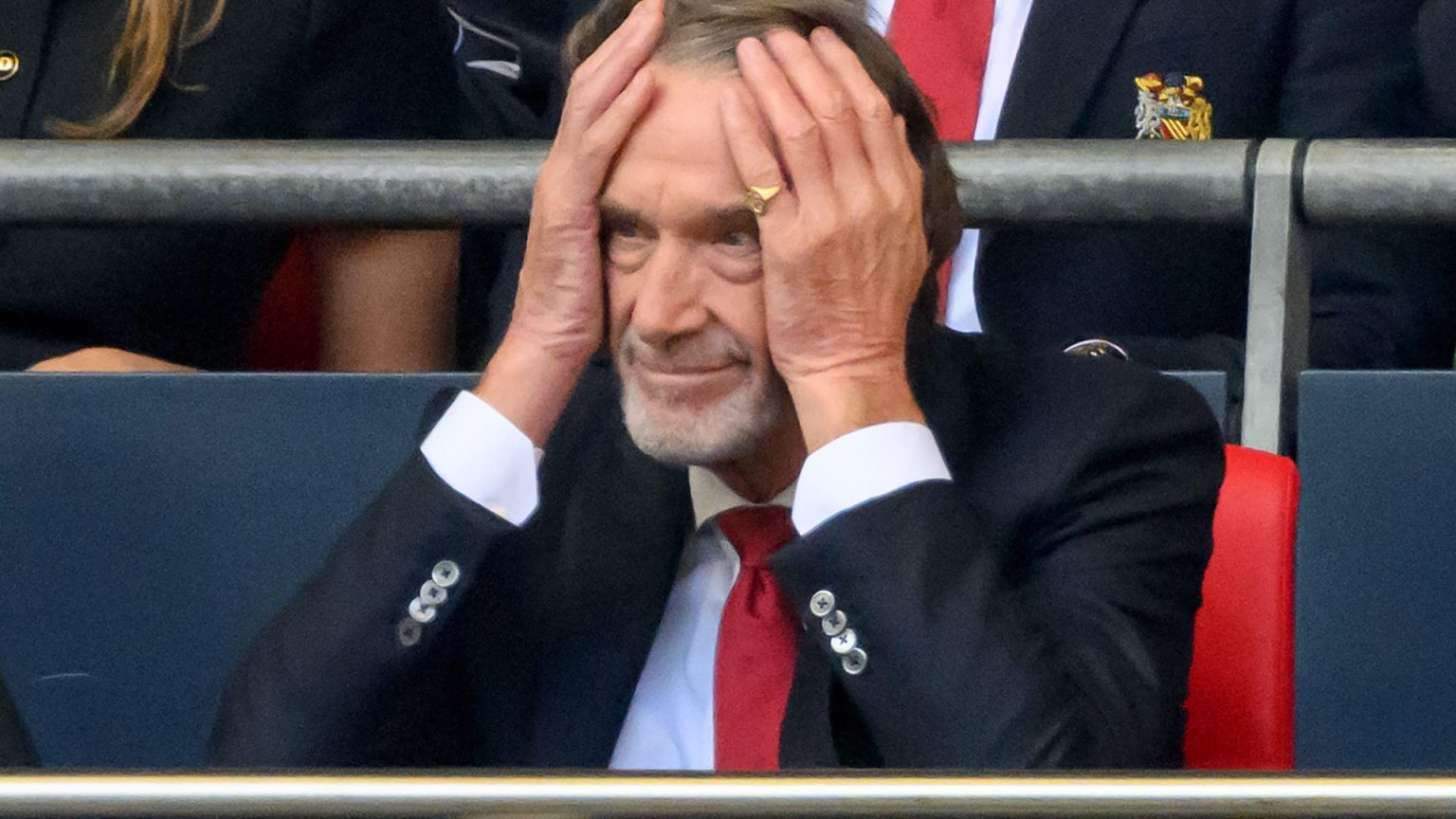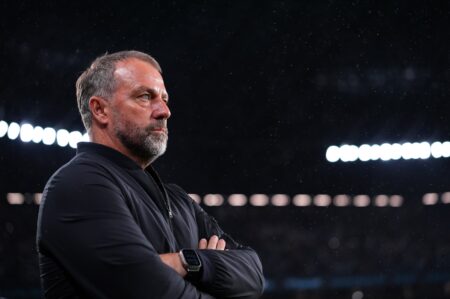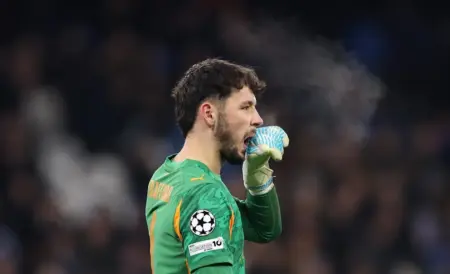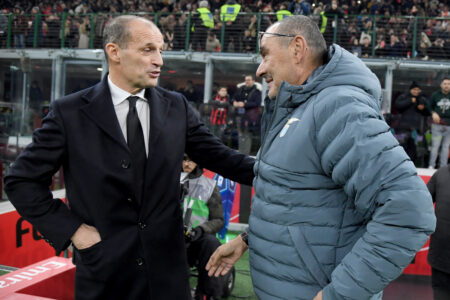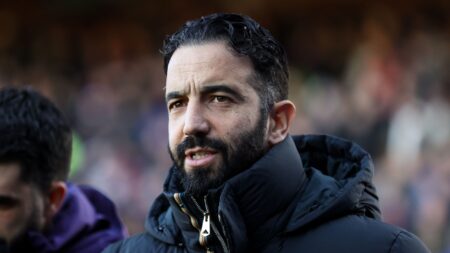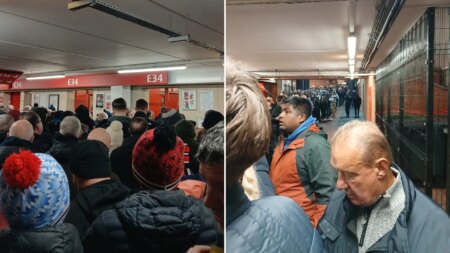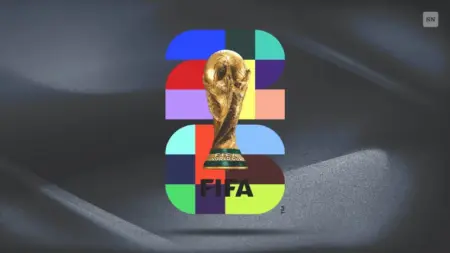A Different Summer at Carrington
July is traditionally a time of hope and excitement at Manchester United’s renowned Carrington training ground, where young football enthusiasts as young as seven years old return, dreaming of following in the footsteps of club legends like Marcus Rashford, Alejandro Garnacho, and Kobbie Mainoo. However, this season was markedly different. Instead of the usual warm welcomes and enthusiastic greetings, the atmosphere was filled with shock and sadness. Coaches, whom the children had grown to love and respect, were being informed upstairs that their jobs were at risk. The contrast was stark: while kids and parents buzzed with anticipation downstairs, coaches were descending the stairs with tears in their eyes. The news spread quickly, and some children broke down, while others tried to comfort their mentors. The scene was chaotic and heart-wrenching, leaving parents bewildered and frustrated. A father who witnessed the event told The Sun, “How the club acted was outrageous. It was like waiting all summer and then sacking all the teachers on the first day of term — in front of the kids.”
Sir Jim Ratcliffe’s Cost-Cutting Measures
This dramatic turn of events at the academy is just one part of a broader cost-saving strategy implemented by new minority owner Sir Jim Ratcliffe and his Ineos team. Sir Jim, worth an estimated £23 billion, has been systematically cutting costs across every department of the club, earning him the nickname "The Jim Reaper." This week, the club confirmed that up to 200 more people will lose their jobs, adding to the 250 loyal staff members who were made redundant last year. The cuts extend beyond the academy, impacting various levels of the organization. Academy Director Nick Cox tried to explain the job cuts to parents by stating they were part of a club-wide review aimed at saving cash and becoming a "more lean and agile organisation." However, the harsh reality of the situation has left many feeling disheartened and disillusioned.
The On-Pitch Struggles
Despite Sir Jim’s financial acumen and business success in the petrochemicals industry, his approach to Manchester United’s football operations has yet to yield the desired results on the pitch. After spending £14 million to dispense with former manager Erik ten Hag and football director Dan Ashworth, Ratcliffe invested millions more to bring in Ruben Amorim as the new head coach at Old Trafford. Yet, the team’s performance has been disappointing, winning only five of their 16 Premier League games so far. Ratcliffe, often seen gritting his teeth alongside other United fans during matches, must be questioning the effectiveness of his strategies. His cost-cutting measures, while designed to streamline the club’s operations and reduce spending, have not translated into improved on-field performance. In fact, the team’s struggles have intensified, leading to growing criticisms from fans and stakeholders alike.
The Local Hero’s Fall from Grace
In Failsworth, the working-class district just eight miles from Old Trafford, where Ratcliffe grew up, he was once celebrated as a local hero. His business success and philanthropic efforts were sources of pride for the community. However, his recent actions have tarnished this image. Many residents, including lifelong Manchester United fans, are disheartened by the layoffs and other cost-saving measures. John Fearnley, a 70-year-old retired contracts manager, expressed his disappointment: “I can’t understand why he is doing this. He knows what it is like to come from a working-class family but now that is exactly the people he is targeting. He’s already put match ticket prices up and no doubt season ticket prices will follow next season. Cutting hundreds of jobs is a mistake and will hurt those affected a lot.” His wife Sue added, “I am United through and through but what he is doing is wrong. It’s crazy that he is making all these people redundant. They will be the lower-paid staff and money will already be tight. I thought things would improve when he bought into the club, but it’s the players’ wages that need cutting.”
Fan and Community Reactions
The community’s reaction to Ratcliffe’s actions has been overwhelmingly negative. Mike Robinson, a 56-year-old resident, said, “What he is doing is a disgrace. He is destroying the fabric of the club by sacking the very people who are the club. When he became the richest man in the UK and you’d tell people where you were from, some would say, ‘That’s where Jim Ratcliffe is from!’ It was nice to have someone from Failsworth do so well for himself. But not now he is sacking ordinary working-class people.” Rob Inkerman, a 35-year-old fan, added, “He’s a local lad, a United fan, and a billionaire. I thought he would have known what the club stood for and how it is the ordinary people who make the club what it is. But instead of improving the club, he’s making it worse. He’s had a terrible year. When he arrived, I think a lot of people saw him as a hero, someone who could save the club. But not any more. His reputation with the fans has gone, and how must the staff be feeling?”
The Skeptics’ View
While Ratcliffe remains firmly committed to his cost-cutting and efficiency-focused approach, many who were initially supportive of his takeover now question his motives. John-Paul O’Neill, the author of "Red Rebels: The Glazers And The FC Revolution," summarized the skepticism: “After all the hype and hope of Ineos’s takeover of Manchester United’s football operations, the club’s current travails can’t really come as that much of a surprise as little about Jim Ratcliffe’s buy-in makes any sense, least of all financially. Everything Ratcliffe has done at Old Trafford smacks of a two-bob operator. The farce of the millions wasted on Erik ten Hag and Dan Ashworth is well reported, but who authorised £200 million to be spent on transfers last summer, under a manager who was a dead man walking and didn’t even make it to November, let alone Christmas?” O’Neill’s critique highlights the disconnect between Ratcliffe’s actions and the club’s financial health, suggesting that the problem lies deeper than just operational inefficiencies. The Glazers’ 2005 takeover, which saddled the club with a billion pounds of debt, remains a significant financial burden, and Ratcliffe’s focus on cutting costs elsewhere seems to be missing the mark.

